How long do mattress toppers last? 3 key signs that they need replacing
This is how long a mattress topper should last, plus the three major signs that yours needs replacing
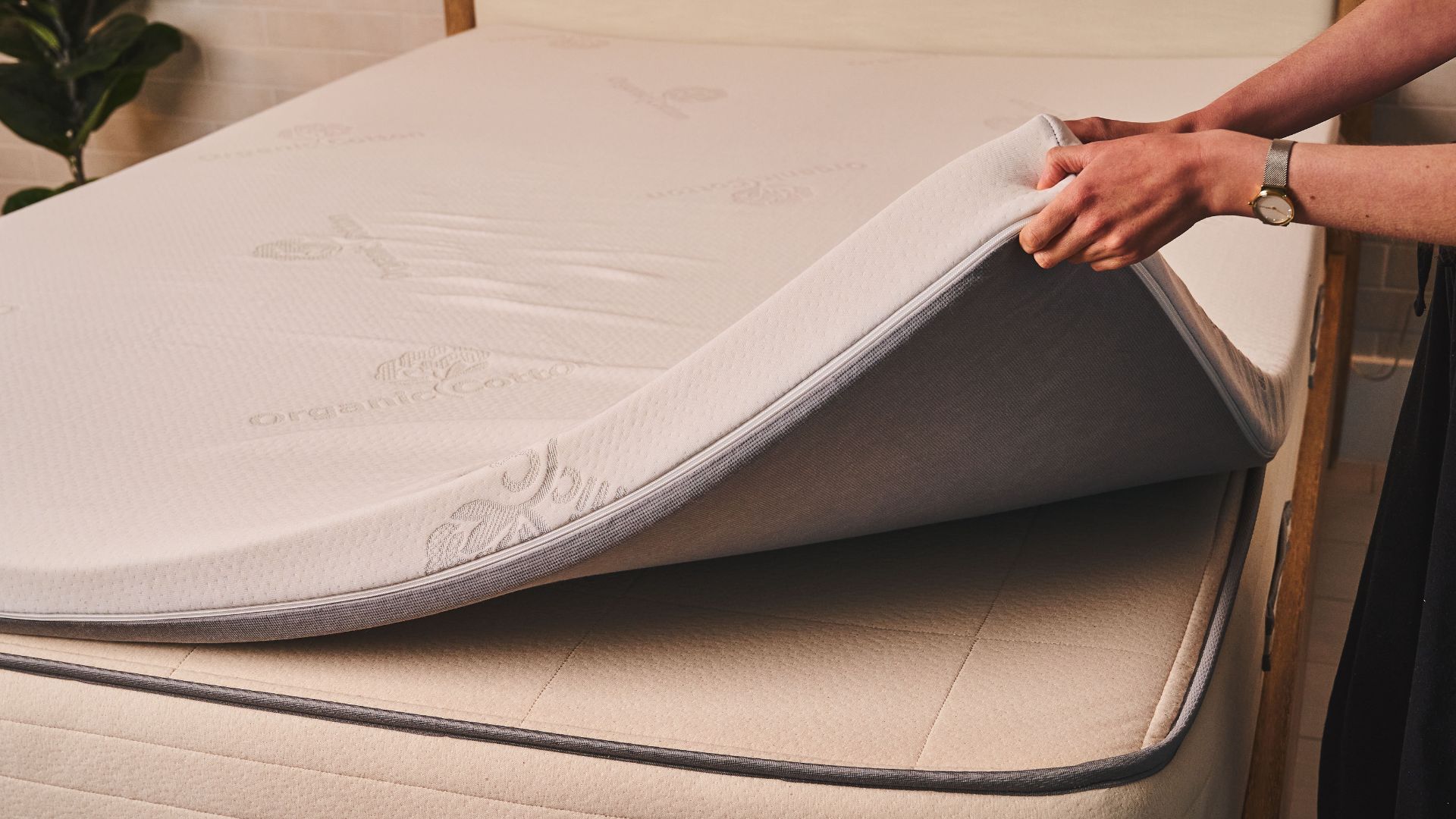
Mattress toppers are great for boosting the support and comfort of your mattress, but how long do they last and what are the signs that they need replacing? While bed toppers have a shorter shelf life than actual mattresses, quality, thickness and materials are key factors in their lifespan and when they should be replaced.
Despite having a shorter shelf life compared to an actual mattress, we feel that bed toppers are worth the money. Why? Because even this year's best mattresses for a comfortable sleep might need a little tailoring to your exact needs. The best mattress toppers are capable of protecting your mattress, prolonging its lifespan and changing the feel of its sleep surface.
Here we'll talk you through the three key signs that your mattress topper needs replacing, plus how long a mattress topper should last depending on its build quality and materials. If you decide that your topper has seen better days, regular mattress sales mean it's always a great time to buy new.
What are mattress toppers?
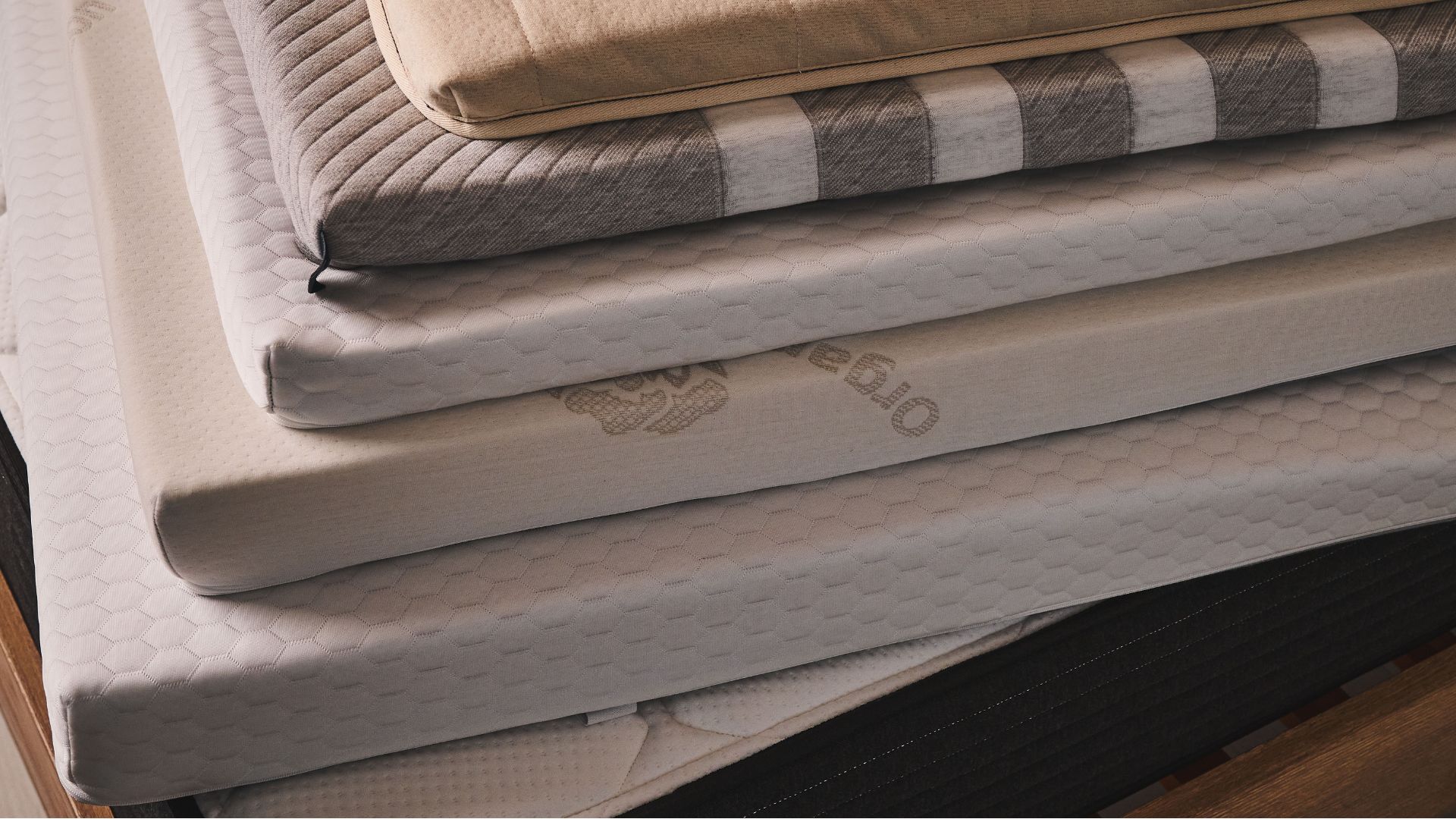
A mattress topper is a thin layer of cushioning to making your bed firmer, softer or cooler. Toppers also tend to be cheaper than most mattresses in a box, which is why they're a great option for those in need of a new mattress yet are looking for a temporary fix instead until they have the budget for a new bed.
Mattress toppers come in different sizes, heights, materials and firmness levels. However we recommend choosing a topper that's at least 2" thick (anything thinner will be ineffective) and made of good-quality materials. These include CertiPUR-US certified foam, latex, wool, or ethically sourced down.
3 key signs that your mattress topper needs replacing
Ok, so now that you know how long a mattress topper should last, let's focus on the signs that your topper needs replacing sooner rather than later. A lot of these are similar to the signs we look for when assessing whether a mattress needs replacing, so you might want to give your bed the once over too. Here's how to tell if your mattress topper needs replacing:
1. The cover is torn, stained and worn
A mattress topper is the second line of defence between your body and your mattress – a mattress protector is the first – so it will show signs of wear and tear. Learning how to clean a mattress topper and doing so regularly will help prolong its lifespan, but even then there are some signs of wear and tear that mean it won't last as long as you may have hoped.
But if your topper is torn and deeply stained, it. can harbour bacteria, dust mites and even hide bed bugs, so best replace it. Atorn topper also exposes the materials inside to damage.
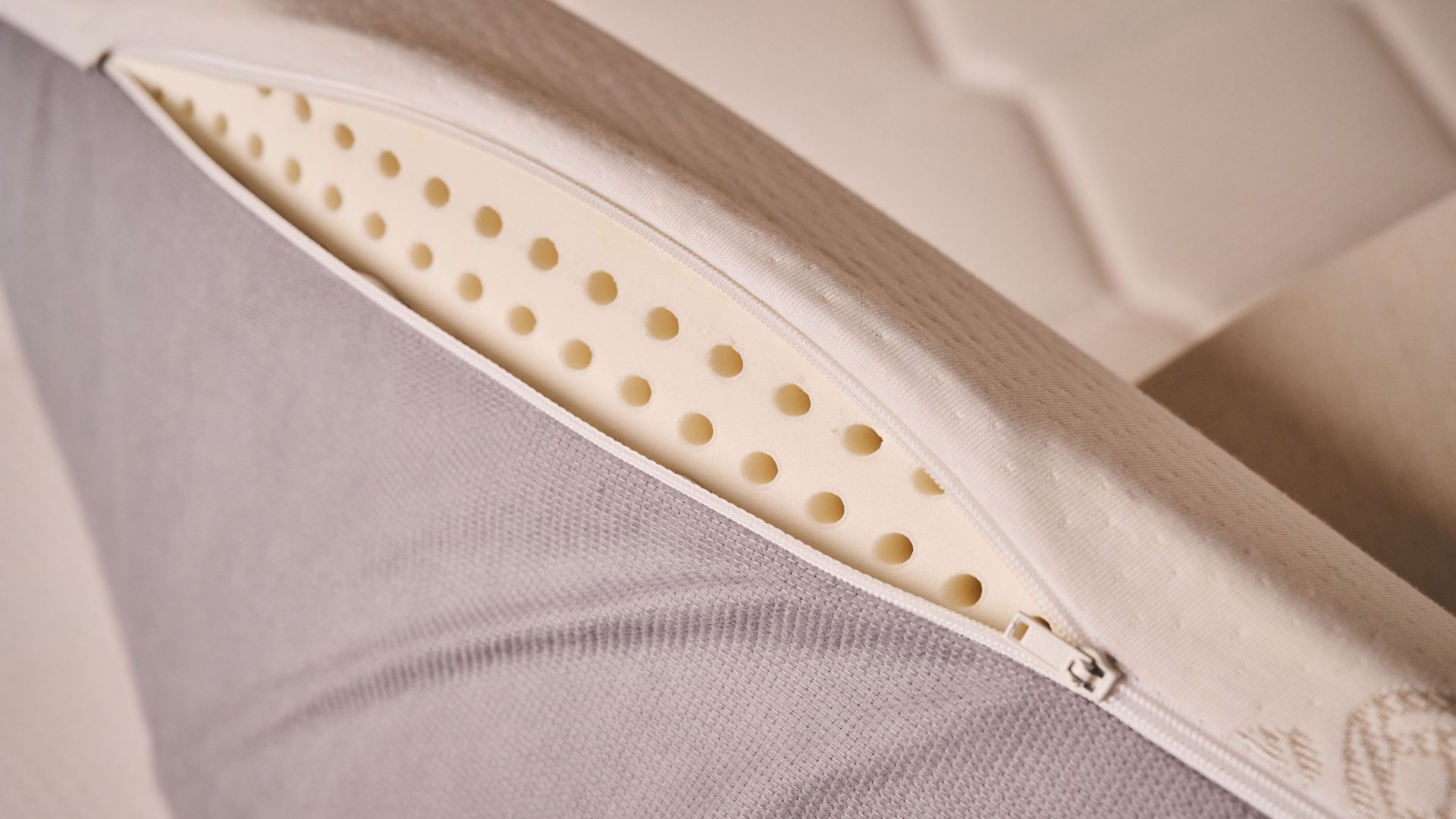
2. It no longer offers comfort and support
The main purpose of a mattress topper is to improve either the comfort, support, feel or cooling clout of your mattress – and sometimes all four elements at once. If your topper is no longer performing in the way it should, then it needs replacing to stop it from causing you physical aches and pains, including lower back pain.
3. It has a musty odour and suspicious stains
Musty smells can be a sign of mold similar to what we see with mattress mold. The majority of the time this smell will be accompanied by small black dots on the mattress topper, and this is a sign of mold. Bed bug droppings are a little bigger than mold specks, so its pay to learn the difference and get clear on the signs of bed bugs in your mattress and topper. In either case, we'd recommend replacing your mattress topper fast.
Today's best mattress topper deals
How long do mattress toppers last?
There seems to be a debate surrounding the question of how long mattress toppers last. While some mattress brands, such as Turmerry and Saatva, say a mattress topper can last up to 5 years on average, some textile specialists suggest they should be replaced more often. “It’s important to make sure to replace your mattress topper every one to two years, to help your mattress last longer,” says Lydia Lloyd, M&S Home's homeware textiles designer,
The quality, material, and frequency of use can also affect how long your mattress topper lasts. There seems to be some confusion over the bed topper's average lifespan, so here's the life expectancy of each type of mattress topper based on their materials:
| Material | Average topper lifespan |
|---|---|
| Feather/Down | 1-2 years |
| Memory foam | 2-5 years |
| Latex | 5-15 years |
| Wool | 10 years |
Memory foam toppers
How long do foam mattress toppers last?
Memory foam is a popular mattress topper material as its body-contouring properties can add plushness and pressure relief to a firm bed. Memory foam mattress toppers are also less expensive than natural bed toppers, such as those made from wool and latex.
Memory foam can lose its shape and support if it has been frequently used over a long period of time and can even start to sag, though. That's why the average lifespan of a foam mattress topper is three years. If you'd prefer a memory foam bed, read our guide to this year's best memory foam mattresses too.
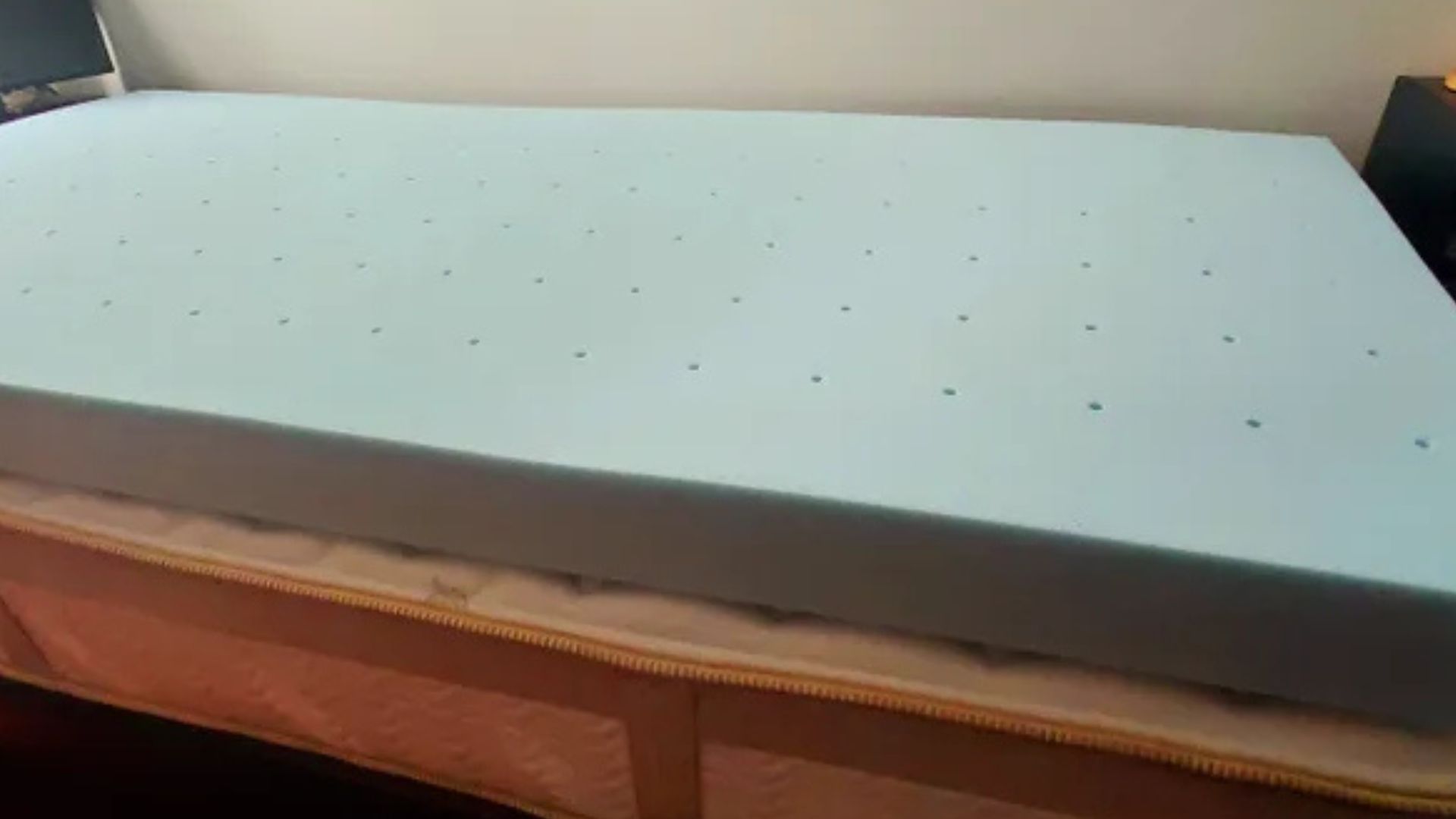
If you're wondering if you should flip your mattress topper to extend its life, the best thing to do is rotate the topper every six months instead. Simply turn it 180 degrees so the part where you rest your head is now at the foot of the bed.
We recommend aiming to replace your memory foam topper before or just after three years if it becomes too soft to support your hips, and you're waking up with aches and pains - especially in the lower back. Also, if you're buying a a cheap mattress topper (anything lower than $50 for a queen), it'll probably last less than 3 years.
Latex mattress toppers
How long do latex mattress toppers last?
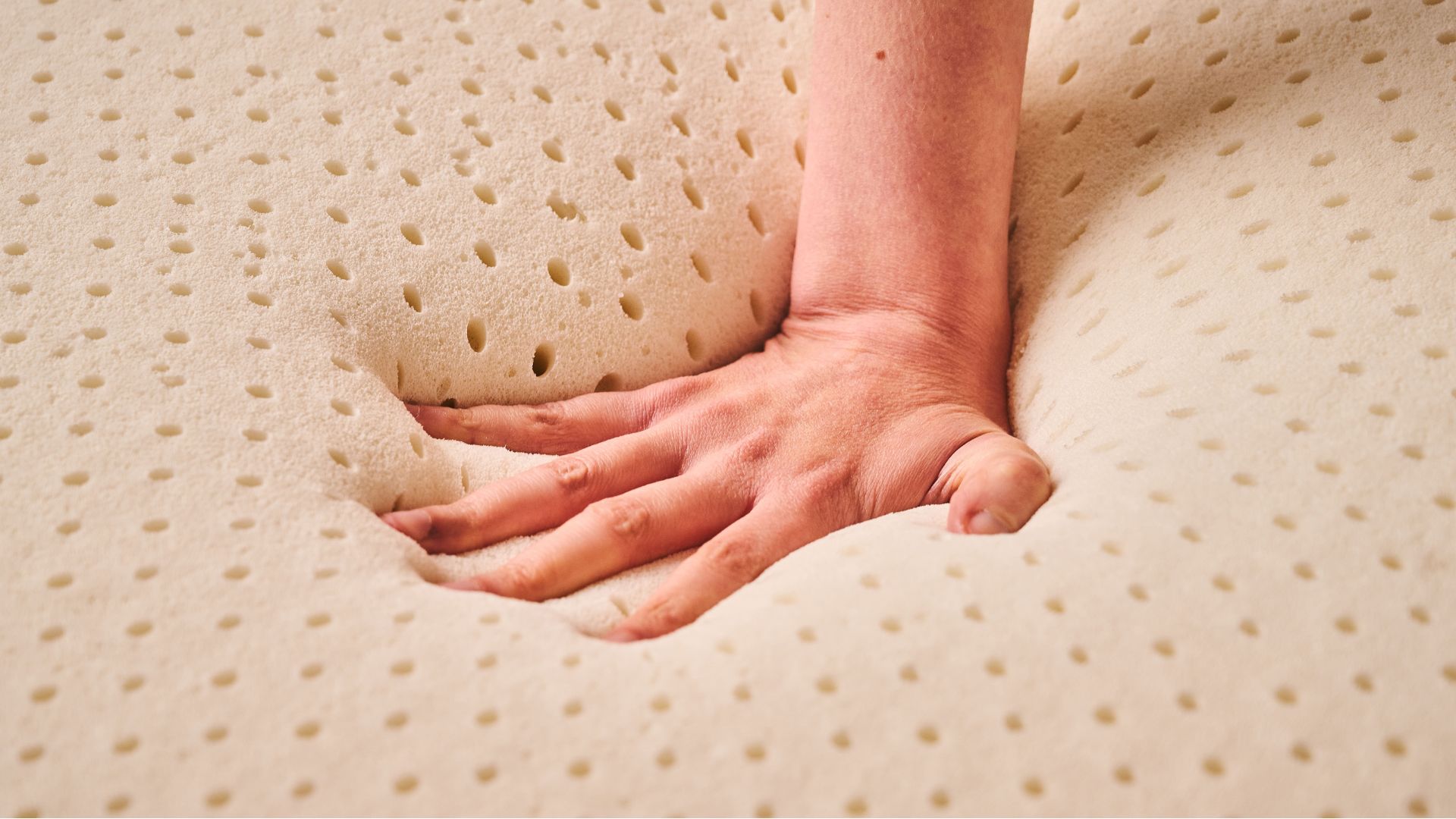
Latex mattress toppers, while more expensive than memory foam ones, are known for their high quality and durability. It can sometimes depend on the type of latex used (such as whether it's made from Dunlop latex vs Talalay latex), but your latex bed topper should last around five to 10 years.
However, some organic latex mattress toppers last up to 15 years, and can even outlive or prolong the lifespan of an an average mattress by preventing creaking and providing long-term protection. The best organic mattresses, by comparison, can last around 20 years.
Wool mattress toppers
How long do wool mattress toppers last?
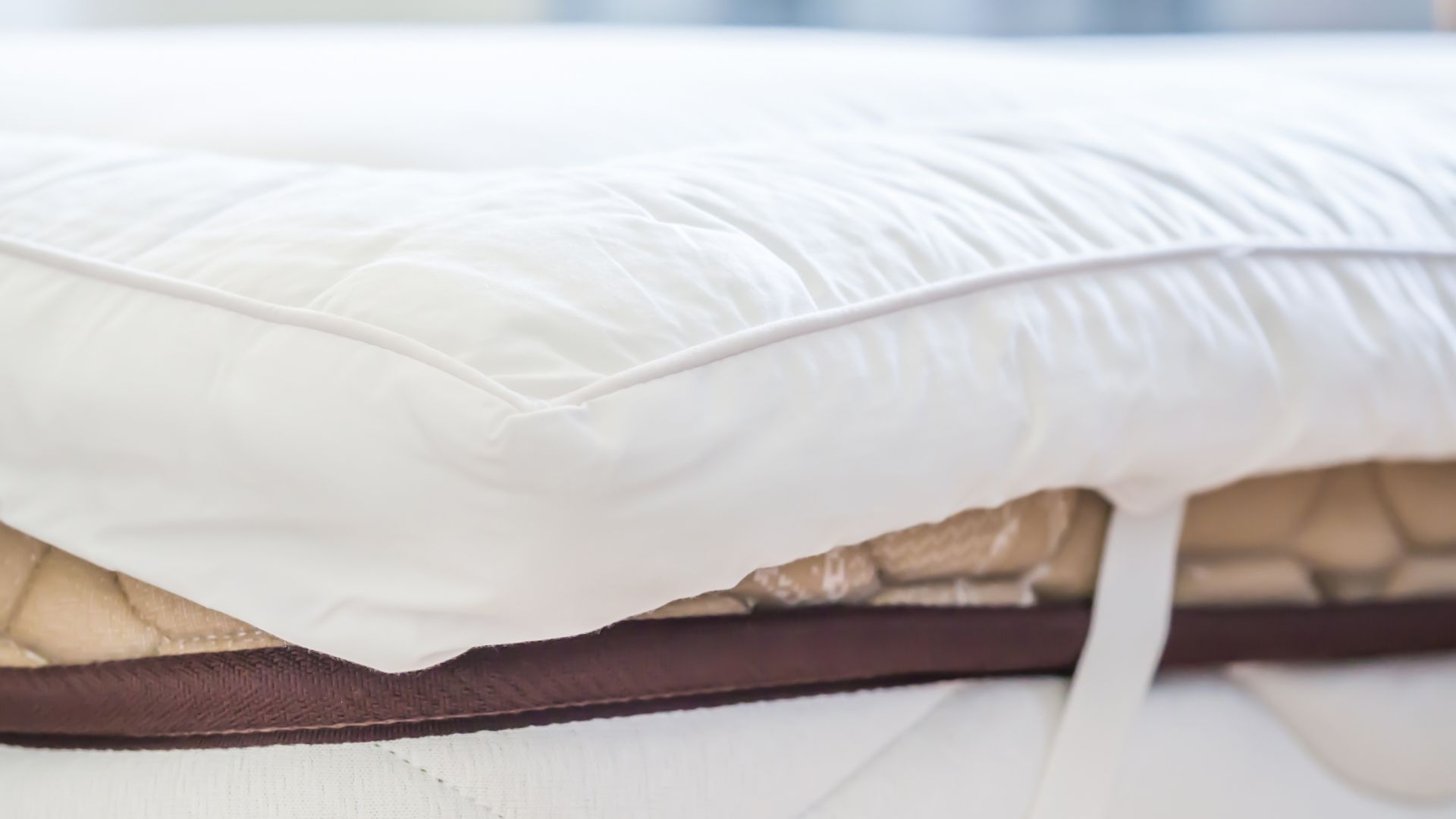
Another great material for those looking for a non-toxic, natural sleep is wool. Wool bed toppers are breathable and add cushioning to firm mattresses, and their antimicrobial properties mean they can even protect your bed from dust mites and beg bugs.
While expensive and don't come in firmer options, wool mattress toppers are incredibly durable and can last up to 10 years. However, like all toppers, you should replace it as soon as you see signs of wear and tear or if you feel it's not supporting your body enough.
Feather or down toppers
How long do feather or down toppers last?
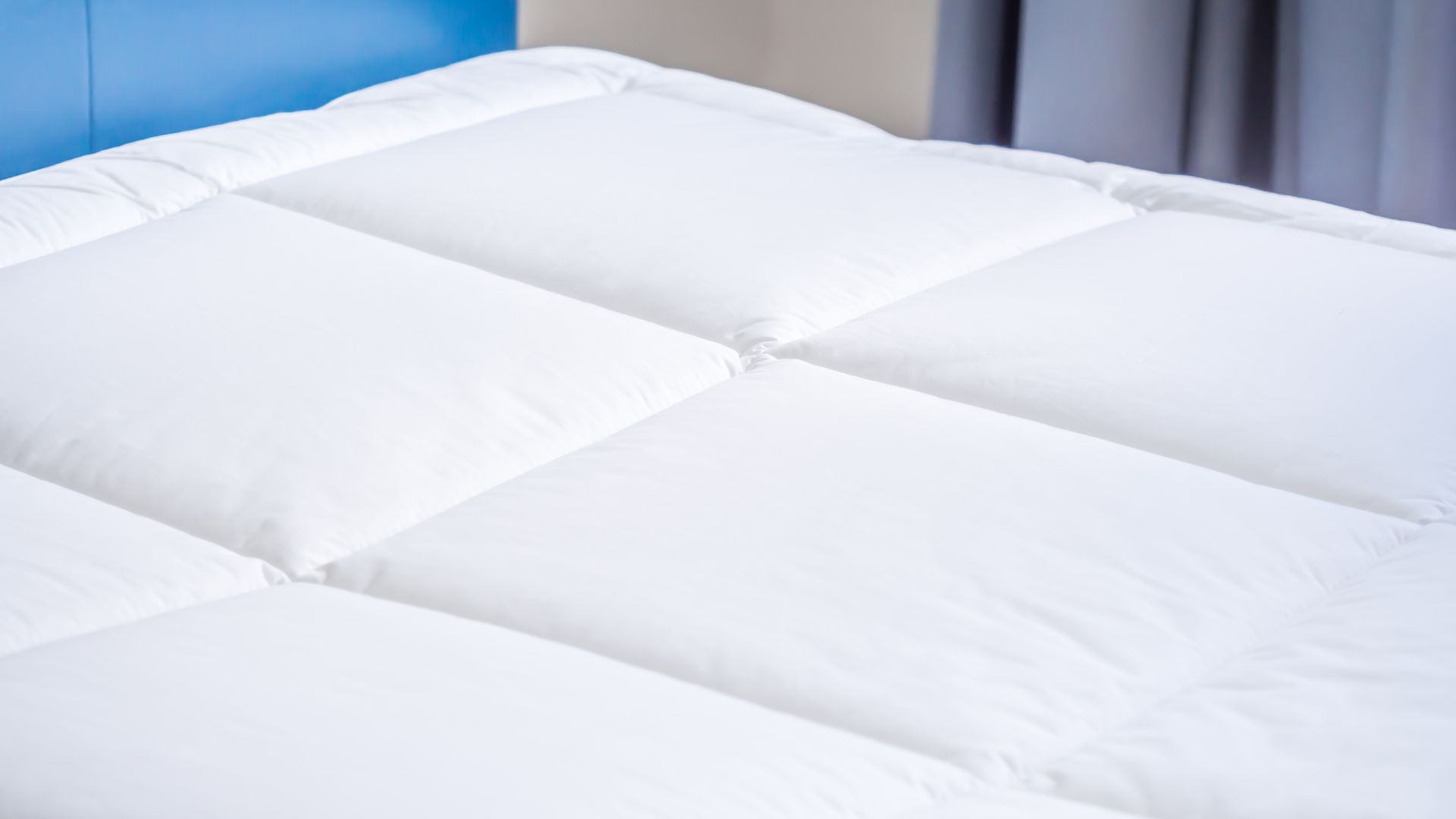
- Read more: I bought a microfiber bed topper to soften up a firm mattress and it was a huge mistake — here's why
While they provide a luxurious, breathable, and ultra-soft sleep surface, feather or down toppers are actually inexpensive. However, if you're planning on buying a topper with feather or down stuffing, please make sure that it is ethically sourced. You can also buy down alternative toppers, which are not derived from birds but mimic the texture of real down feathers.
Feather and down toppers may provide luxe softness to a firm bed at an affordable price, but they are prone to ear and tear which means that they don't last very long. In fact they may need replacing as frequently as every year.
Sign up to get the BEST of Tom's Guide direct to your inbox.
Get instant access to breaking news, the hottest reviews, great deals and helpful tips.

Frances Daniels is a PPA-accredited journalist and Sleep Staff Writer at Tom's Guide with an MA in Magazine Journalism from Cardiff University. Her role includes covering mattress and sleep news and writing sleep product reviews and buyer's guides, including our Best Hybrid Mattress 2025 guide. She is hugely interested in the relationship between good sleep and overall health, interviewing a wide array of mattress and sleep experts to create well-informed articles about important topics such as nutrition, sleep disorders (from sleep apnea to night terrors), lucid dreaming, sleep hygiene, and mattress care. She is also our specialist on mattress toppers — producing mattress topper reviews and taking care of our Best Mattress Toppers 2025 guide — and takes the lead on all content related to fiberglass-free mattresses for a clean, non-toxic sleep. Outside of Tom's Guide, she has written for Ideal Home, Homes & Gardens, and Marie Claire.
